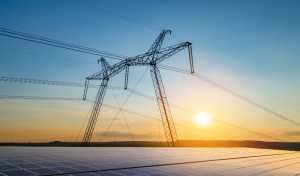
The electricity industry is undergoing an unprecedented transformation characterized by smaller-scale, decentralized, and digital technologies. But transitions are rarely easy. Significant challenges arise as the rapid pace of technological innovation…
By Lynne Kiesling | April 3, 2025

In recent years, when teaching my senior policy capstone course I would often pivot the course on short notice to discuss current events, updating the readings on the syllabus, and…
By Roger Pielke Jr. | March 31, 2025

Who uttered the quote that is the title of this post? A prominent climate activist, perhaps? Or maybe, a progressive Democratic member of Congress? No and no. The quote comes…
By Roger Pielke Jr. | March 31, 2025
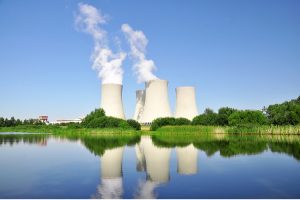
The International Energy Agency has just published its Global Energy Review 2025. In this post I share the five most important take-aways I see in the report. I encourage you to…
By Roger Pielke Jr. | March 27, 2025

One would think that Republicans would know better. One would think that Republicans from an important oil- and gas-producing state would know better. One would think, or hope, that they would prioritize…
By Benjamin Zycher | March 26, 2025
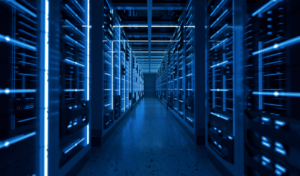
Event Summary On March 25, AEI hosted a conference on the challenges of balancing energy constraints with the rapid growth of AI and data centers. AEI’s L. Lynne Kiesling opened…
By L. Lynne Kiesling | Will Rinehart | Mark Jamison | March 25, 2025
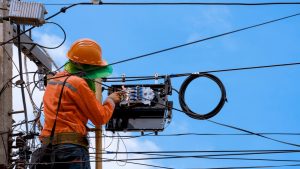
In this RTO series, I’ve been exploring the decision-making processes and corporate governance structures within Regional Transmission Organizations (RTOs), highlighting how these institutions perpetuate the control and decision-making power of…
By Lynne Kiesling | March 20, 2025

I was a tenured full professor at the University of Colorado Boulder for almost 24 years. At the end of 2024, I left. Officially, it was a voluntary departure. But I…
By Roger Pielke Jr. | March 12, 2025
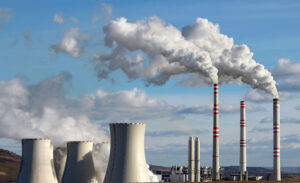
Every year for the past 15 years, JP Morgan publishes an outstanding annual energy report by Michael Cembalest. Last week JP Morgan published its 2025 edition and today I share five important figures…
By Roger Pielke Jr. | March 11, 2025

Speaking yesterday on Fox News, U.S. Secretary of Commerce Howard Lutnick indicated that official data for U.S. GDP would now separate out government spending from the rest of the nation’s overall economic…
By Roger Pielke Jr. | March 3, 2025

The electricity sector is at an inflection point. The historical model of centralized, monopoly-provided electric service is under pressure from technological change, shifting market forces, evolving policy objectives, and changing…
By Lynne Kiesling | February 27, 2025

The electricity sector is at an inflection point. The historical model of centralized, monopoly-provided electric service is under pressure from technological change, shifting market forces, evolving policy objectives, and changing…
By Lynne Kiesling | February 27, 2025

Key Points Read the full report here.
By Lynne Kiesling | February 21, 2025

Key Points Executive Summary The global energy landscape is transforming, and nowhere is this more evident than the electricity sector. Technological advancements, shifting economic conditions, and evolving environmental policies are…
By L. Lynne Kiesling | Daniel Lyons | Rimvydas Baltaduonis | Cameron Brooks | Sanya Carley | Steve Cicala | James Connaughton | Michael Giberson | Bryan Hannegan | Devin Hartman | Tom Hassenboehler | Michael Hogan | Travis Kavulla | Joshua Macey | Meghan Nutting | Michael Pugh | Pat Wood | Audrey Zibelman | February 20, 2025
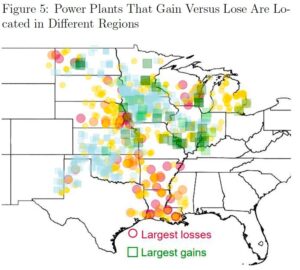
Networks shape modern life. From roads to the internet to global supply chains, they enable movement, exchange, and value creation. But networks also suffer from congestion, a problem driven by…
By L. Lynne Kiesling | February 19, 2025